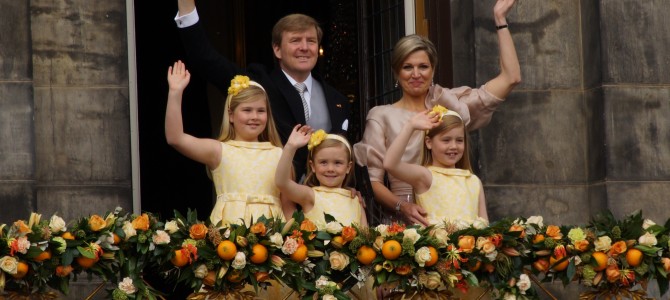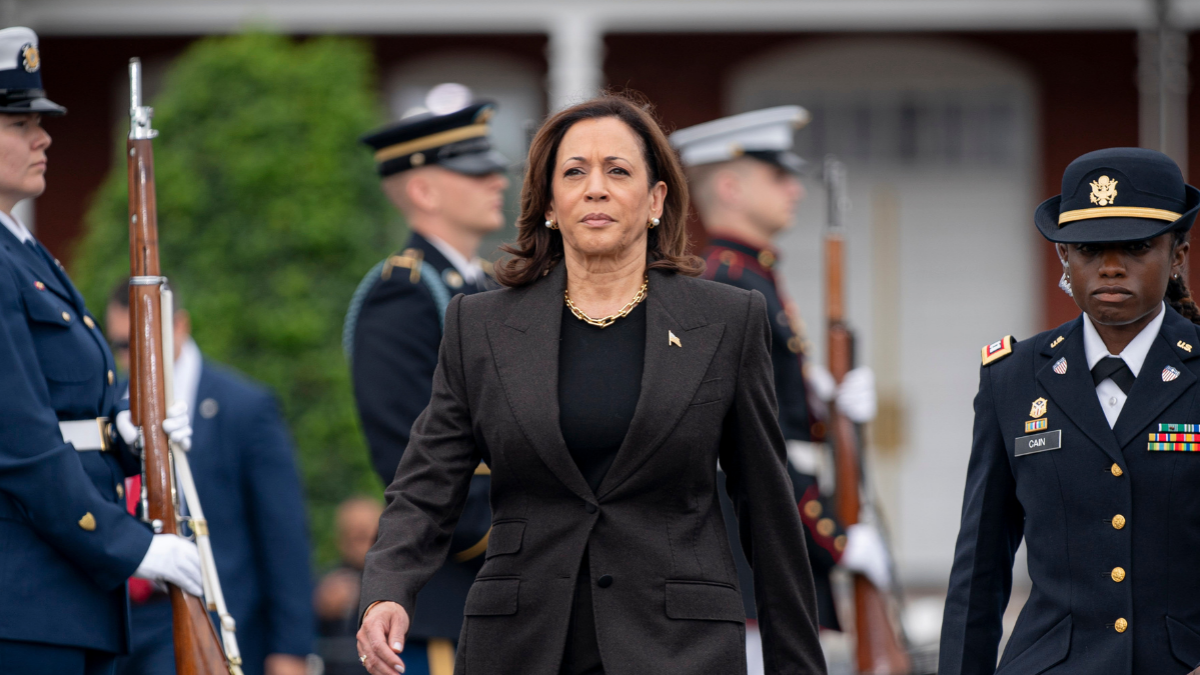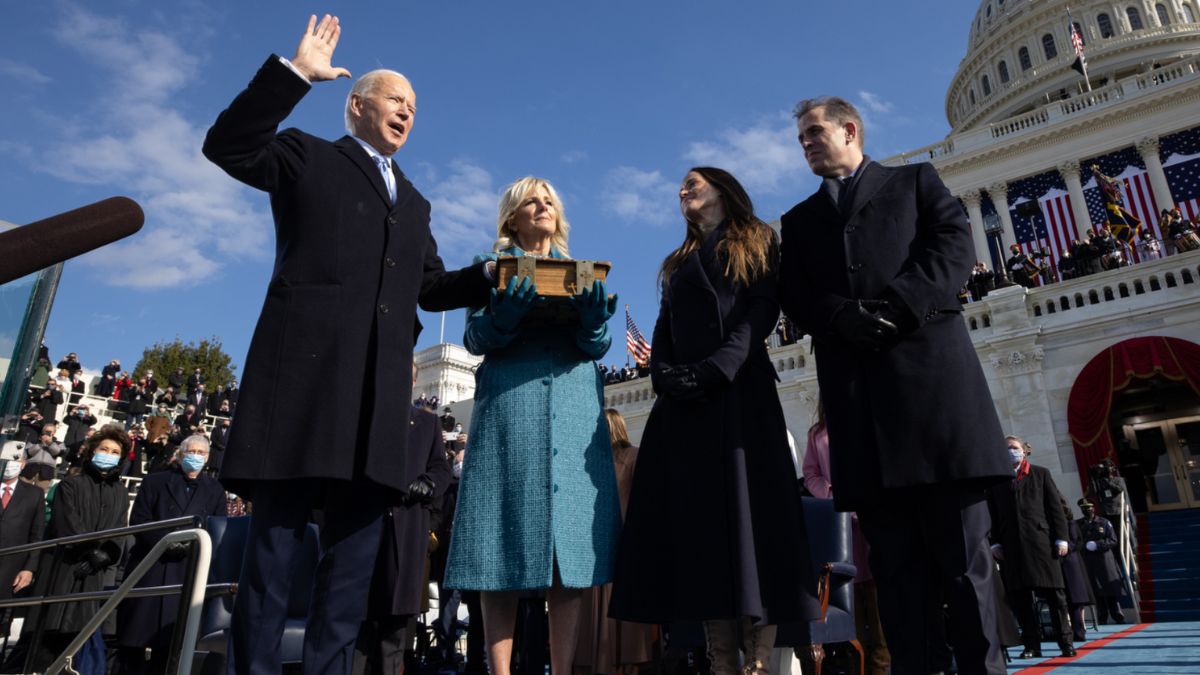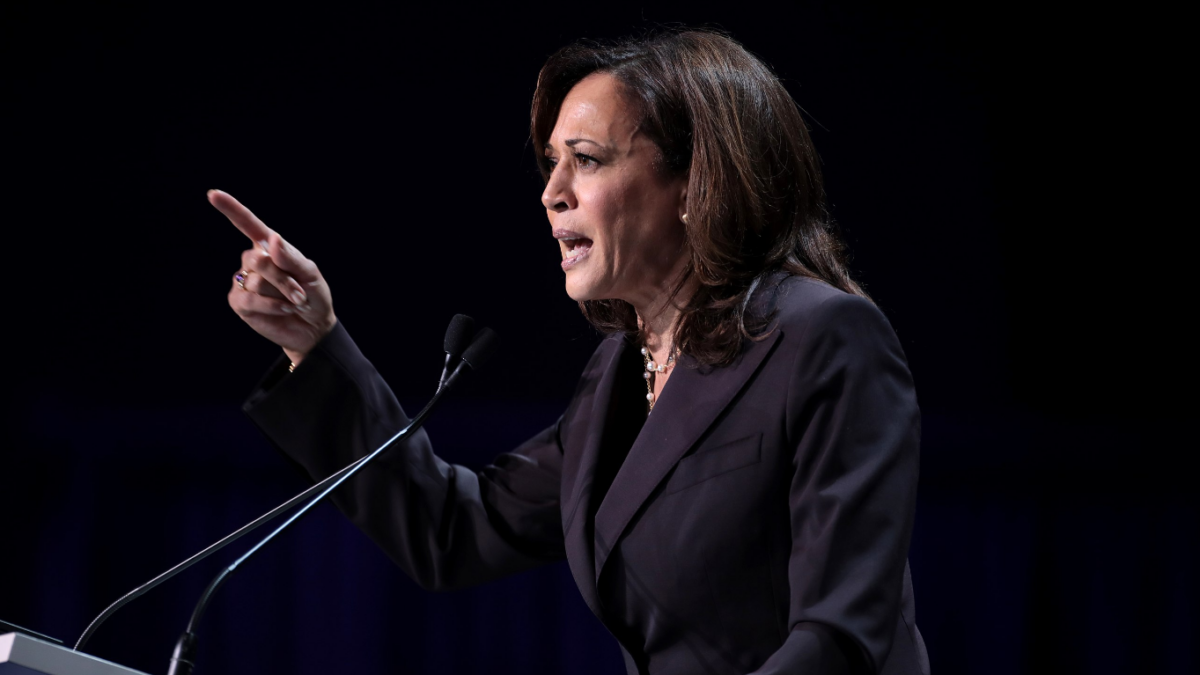
Dutch King Willem-Alexander captured headlines last week when he announced an end to his nation’s welfare state. In a solid blow to the leftist gut, the king declared that the “classic welfare state of the second half of the 20th century” was “unsustainable in its current form.” It would be replaced, he continued, by a “participation society,” in which people are expected “to make their own choices, to arrange their own lives, and take care of each other.”
It’s like a fairy tale written by Ayn Rand: the handsome prince slays the welfare state, and they all live happily ever after. A hereditary monarch who proves he has a firmer grasp on liberty than 90 percent of the elected leaders of the modern West is enough to make many of us shout, “Long live the king!”
Wait a second. Monarchy and liberty? In a day and age when democracy and freedom have become almost synonymous, our gut tells us that the two concepts are as complementary as oil and water. We might feel a twang of guilt for even allowing the thought to cross our minds. But, is the idea of liberal-monarchy the heresy our modern sensibilities would lead us to believe? Or, is it possible for a society organized under monarchist principles to be considered liberal simultaneously?
A fit ruler of a free people
In a strictly American context, the nation’s founders acknowledged the notion of the liberal monarchy in its earliest days. Alexander Hamilton, for example, was known to have flirted with the idea of inviting Prince Henry of Prussia to be the nation’s king. Hamilton often was accused by political opponents of being sympathetic to the idea of an American monarch. So, too, was John Adams.
If Hamilton and Adams had monarchist tendencies, those tendencies could be dismissed as the eccentric impulses of two of the founding generation’s leading Anglophiles. But, it’s not quite as easy to dismiss Thomas Jefferson. While not exactly endorsing the idea of liberal monarchy, he certainly acknowledges its plausibility. In fact, he believed in its plausibility enough to refer to it in the Declaration of Independence. It’s an easy reference to overlook, but it’s there, right after the declaration’s cataloging of King George’s sins against liberty (note that being a king is not, itself, among them.) The document concludes that the king “is unfit to be the ruler of a free people.” We can easily infer from Jefferson’s language that, although King George was unfit to do so, it is possible for a free people to be “ruled.”
What does liberty look like?
Political thought has come a long way since the latter part of the 18th century. For a free people to be ruled—whether absolutely or under a constitutional scheme—seems to be a contradiction in terms. This shift in perception is almost certainly a consequence of progressivism’s influence on Western political philosophy. Progressivism’s ascent brought about new political fetishes, and democracy became, and remains, the liberal West’s French tickler. Democracy became more than just a method of conducting government, making laws, and carrying out government administration. According to progressivism’s most prolific philosopher, John Dewey, democracy was “a way of life, social and individual.” In other words, democracy was, itself, the measure of freedom in all aspects of life.
Since this viewpoint came to dominate Western thought, a people’s level of freedom came to be viewed almost exclusively in terms of their political institutions. Under this rubric, a monarchy, or the rule of elites, could be dismissed outright as the antithesis of the democratic ideal.
But, there’s a gaping hole in this way of thinking. By elevating political liberty to such heights—if we accept that democracy is political liberty—we are de-emphasizing areas of men’s lives that are arguably more important to their sense of freedom. If we were to visualize individual activity as a pie chart, the political would represent only a sliver. This would be true especially of a liberal society, in which the government’s influence is meant to be limited. By contrast, economic activity would make up a far greater portion of the pie, as people’s day-to-day lives are dominated by the exchange of goods and services.
So heavily is life weighted toward the economic, that a convincing argument can be made that economic freedom not only is more important than political freedom but also is its precondition. “The fundamental threat to freedom,” Milton Friedman observed in Capitalism and Freedom, “is the power to coerce, be it in the hands of a monarch…or a momentary majority.” If a people are coerced endlessly in their economic activity, they cannot be considered free no matter where that coercion originates. On the other hand, if a people are allowed to exchange goods and services with limited coercion, they may be considered free whether a hereditary king or an elected committee prevents that coercion.
Power corrupting the many, and the few
While we may be able to reconcile monarchy and liberalism philosophically, what about practical objections? Are there any practical reasons to believe that a greater affinity exists between democracy and liberalism than between monarchy and liberalism?
It may be argued that Lord Acton’s axiom, that absolute power corrupts absolutely, applies to a monarch to a greater degree than to a democratically elected government. A monarch, being a single man at the levers of power, might be exposed to a greater level of temptation than would a number of men among whom that power would be diffused. But, experience shows us that democratic institutions are just as inclined towards power and corruption. It might be worth noting that Acton himself was no democrat, and would have been as likely to apply his axiom to a parliament or a congress as to a king.
One might also pose the objection that monarchs are less accountable to the people. But, are democracies any more successful in holding government accountable? To dispel one of that notion, one need only observe how rare an occurrence it is that politicians who violate the law they are sworn to uphold are actually punished for those violations.
Besides, even the most absolute of monarchs is not entirely above accountability. In his book Leftism, sociopolitical theorist Erik Von Kuehnelt-Leddihn notes, “The monarchs, in a way, always stood on thin ice. They desperately tried to bequeath their countries to their heirs. If they failed utterly, they sometimes had their heads chopped off.” Kuehnelt-Leddihn also notes that unlike the leaders of democratically elected governments, monarchs “could not conveniently retire to a quiet law office like deputies or presidents failing to get re-elected.” He forgets to mention that they also could not collect millions in speaking fees on the lecture circuit.
None of this should be construed as advocacy for monarchy, absolute, constitutional, or otherwise. To be the ruler of a truly free people would take a benevolent king the likes of which the world has yet to produce. It should be noted, however, that a benevolent democracy appears to be just as elusive a creature.
Nick Rizzuto is the Supervising Producer of Real News on TheBlaze TV. Follow him @Nick_Rizzuto.









